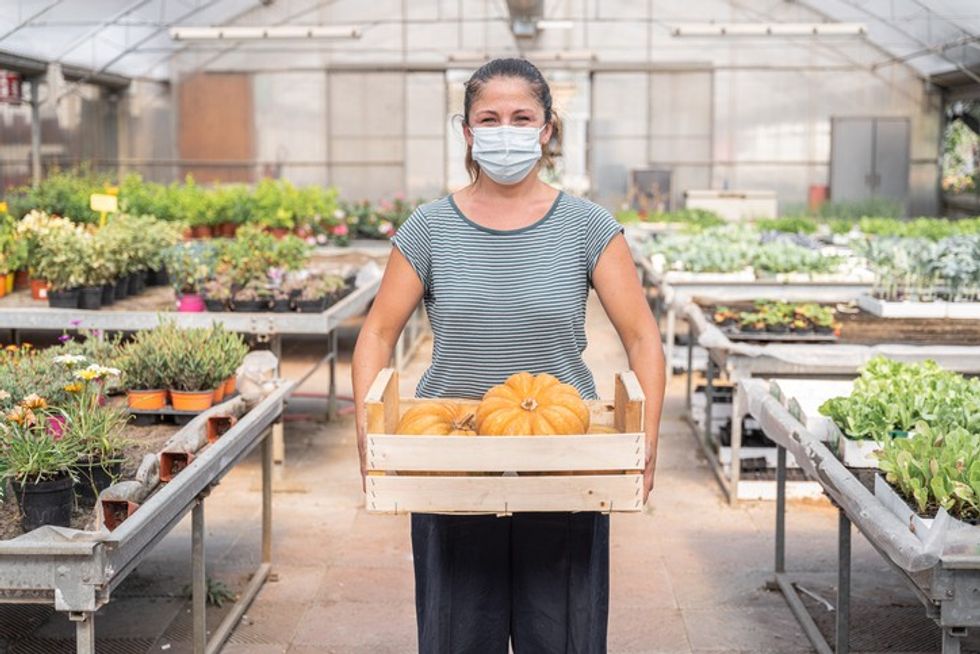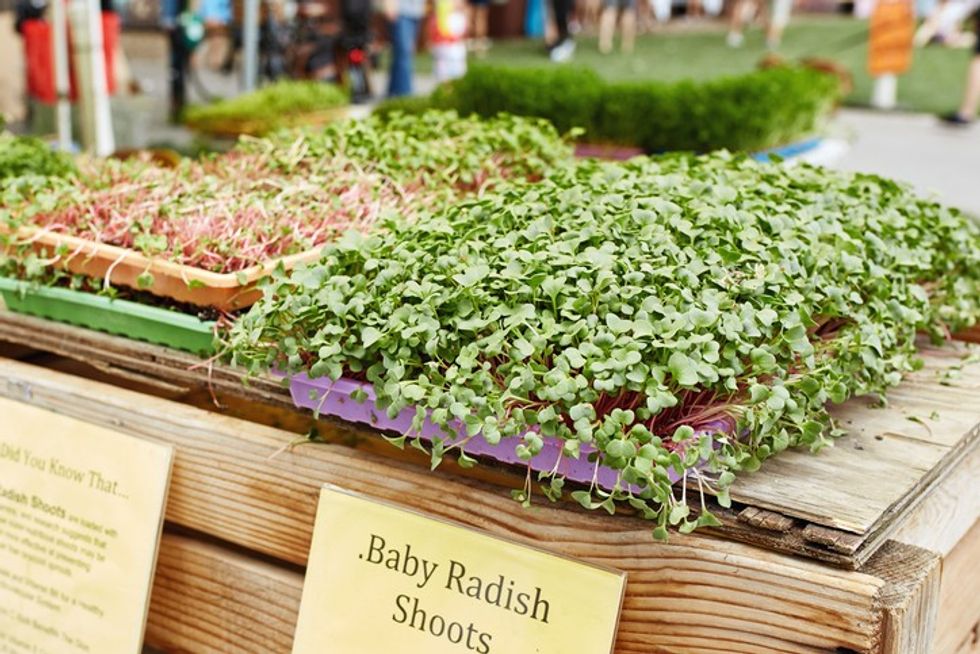In one-of-its-kind innovation, Germany’s second-largest supermarket brand REWE has teamed up with UK architecture firm Acme to develop supermarkets with newer standards of selling the food grown on-site, stated recent reports.
REWE’s model is based on the supermarket Wiesbaden in Germany which is topped by a rooftop farm that grows food to sell downstairs in the store.
The store features a large, open market hall, designed to showcase the locally farmed and prepared produce. An aquaponic farm is housed inside the building and a modular greenhouse is located on the roof.
By growing food on-site, the store aims to reduce the carbon emissions produced in the growing, transportation, storage and distribution of food.
The market is designed as a repeatable prototype which REWE intends to roll out nationwide, with each store growing a specific type of food.

In its model, REWE intends to produce around 10,000kg of fresh fish and 800,000 pots of basil, reports said. This may seem an odd combination, but experts claim that basil helps filter the water used in fish farming, and the fish faeces is used to fertilise the basil plants.
IGA Extra Famille Duchemin grocery store in Canada also follows similar practice and uses its 25,000 square foot rooftop garden to produce about 35 types of certified organic crops including kale, lettuce, carrots, green beans, eggplant, garlic, tomatoes and spinach as well as beehives for honey.
Locavore, the practice of eating food grown or produced locally, has been gaining popularity globally since they are considered fresh and more nutritious and also owing to the rise in concern over carbon emissions and foot prints.
Supermarkets as well as retailers all over the world are seen innovating and finding newer techniques to grow some of the produce on the site.

Like, farming startup Vertical Field recently partnered with four Israeli supermarkets to install indoor farms right on the premises, allowing shoppers to buy pesticide-free greens and herbs grown just feet away.
Such vertical indoor farms are built in the store parking lots where plants such as kale, lettuce, basil, cilantro, dill, parsley, peppermint, bok choy and spinach are grown.
Germany-based Infarm helps supermarkets grow produce in a modular growing chamber, a bit like a giant fridge, with plants stacked in rows to ceiling height, where they're remotely controlled through a cloud-based and "internet of things" enabled farming platform. It supplies more than 700 local "farms" across the world, from Netherlands to Japan, and harvests in excess of 250,000 plants a month.
UK supermarket chain M&S has also been trialing Infarm at seven of its London branches. It says that each of its micro-farms produces a crop equivalent to 400 square meters of farmland using 95 percent less water and 75 percent less fertilizer than traditional soil-grown plants.






